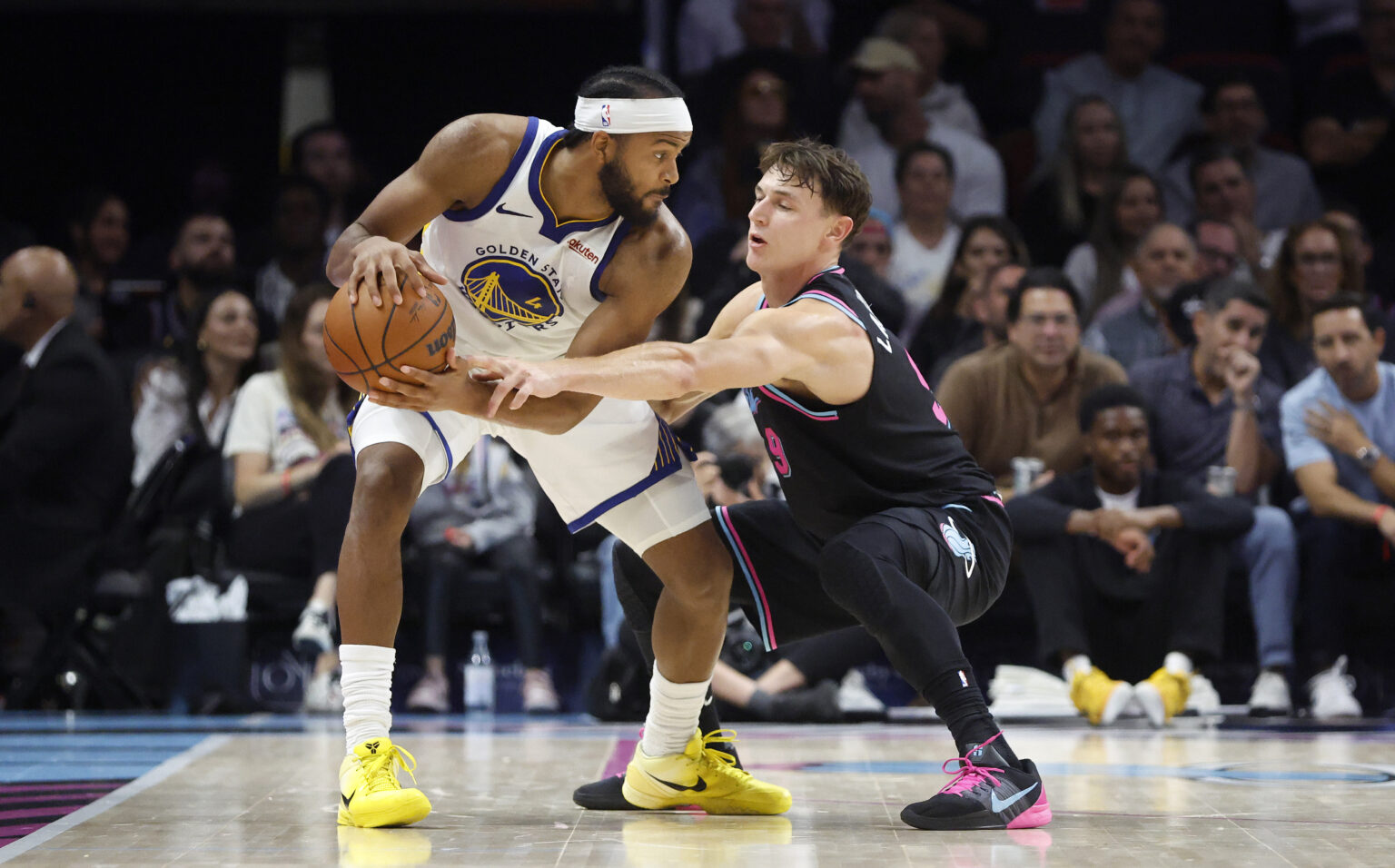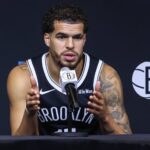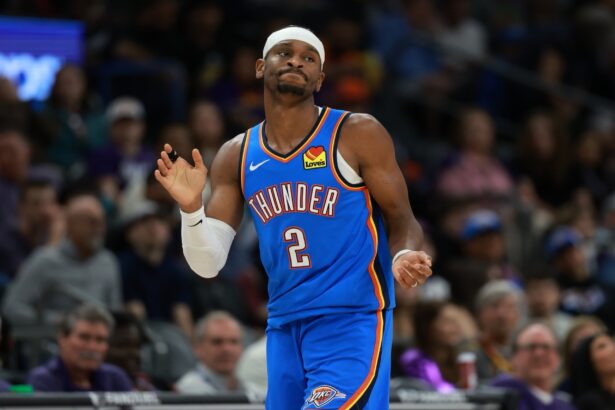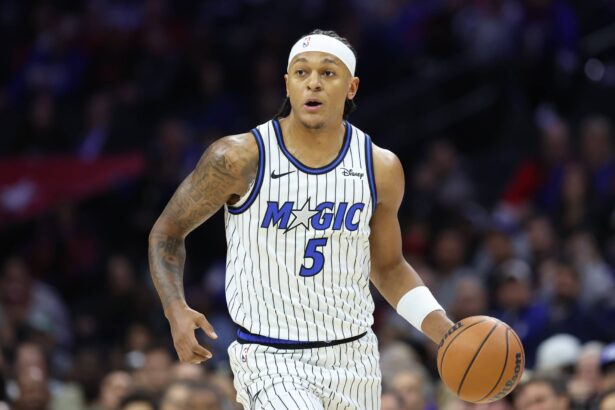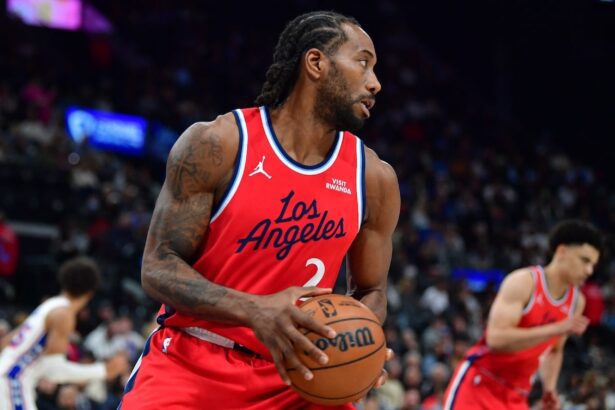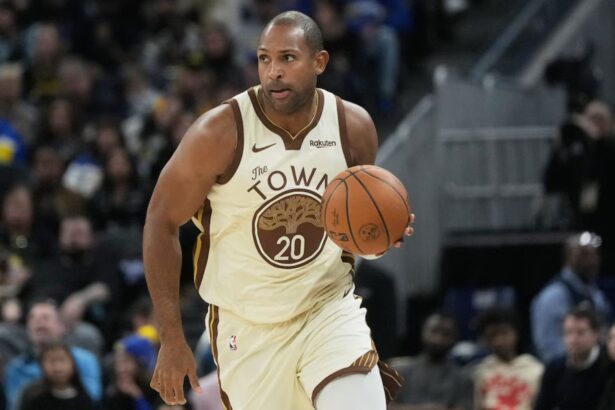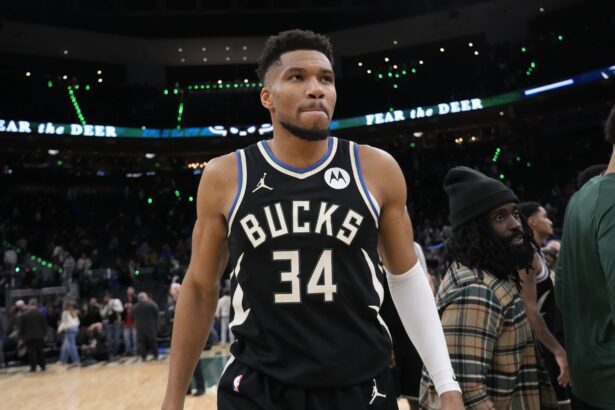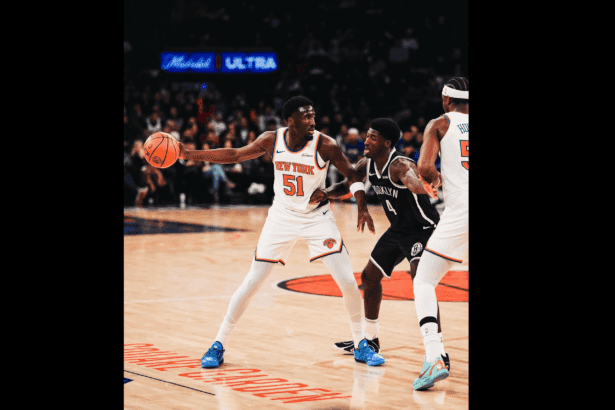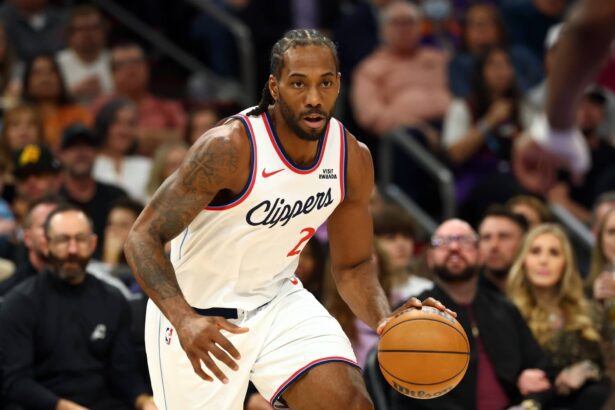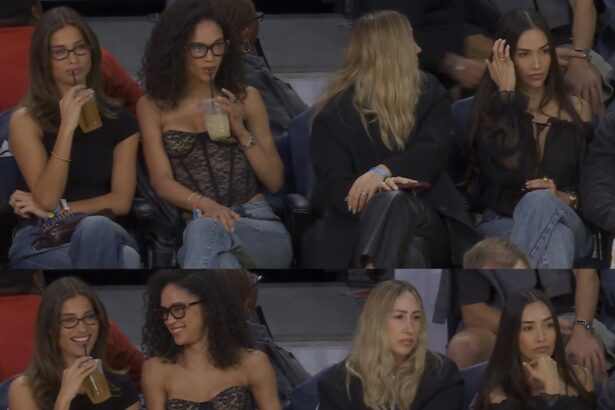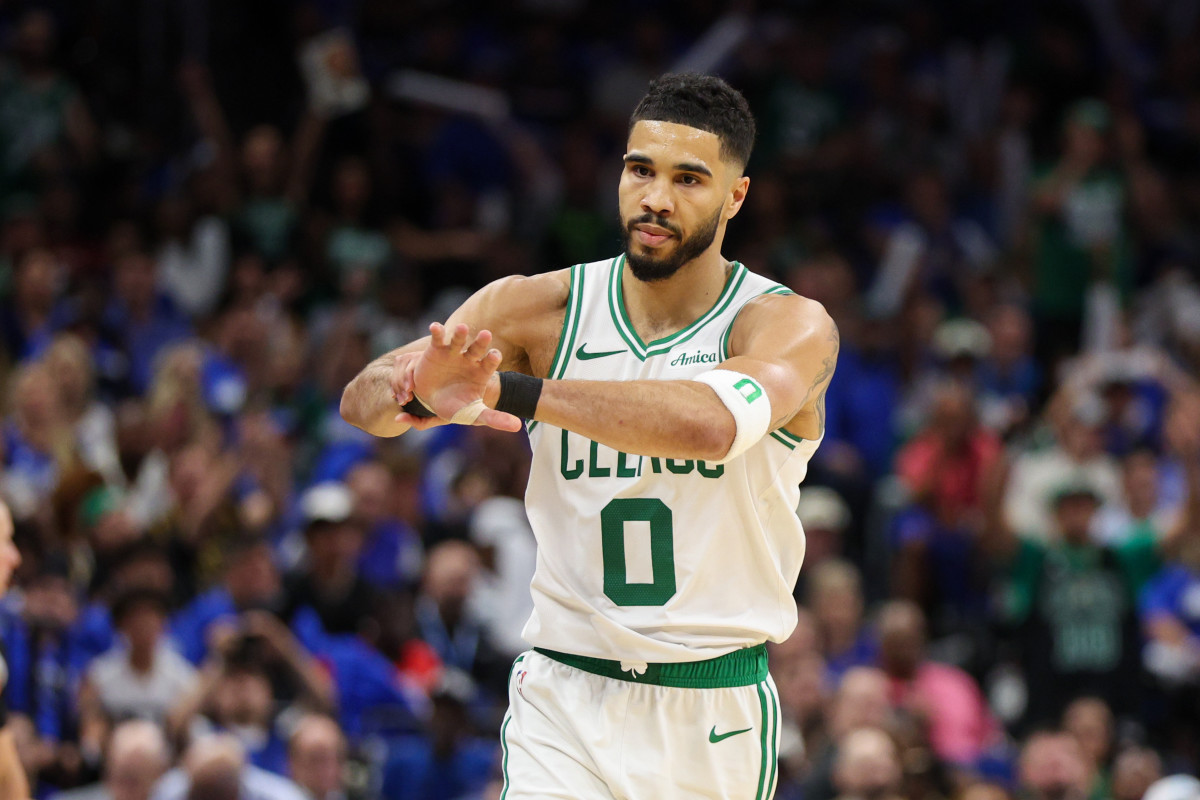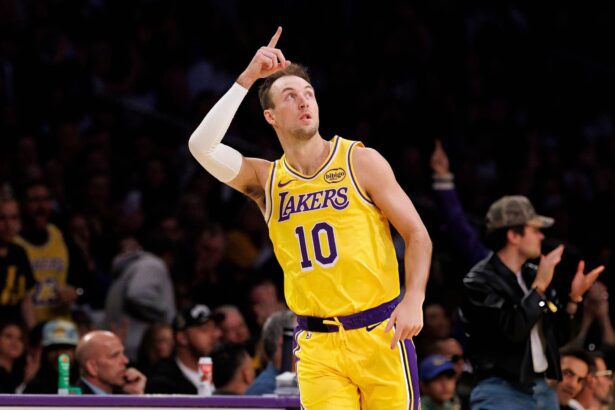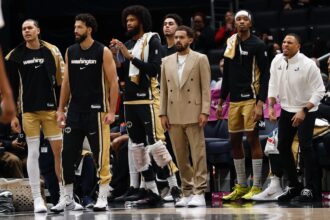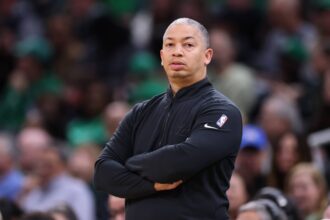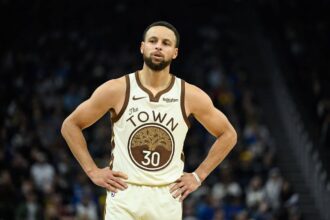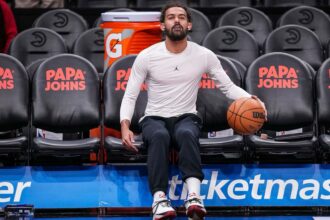The Golden State Warriors expectedly struggled to finish their tough six-game, nine-day road trip. Wednesday’s 96-110 loss in Miami highlighted just how much they were suffering. With Stephen Curry, Draymond Green, Jimmy Butler, and Jonathan Kuminga all unavailable, Golden State had to rely on rookies, two-way players, and emergency rotation members against a Heat team that finished strong.
Even Al Horford, who played a lot the night before, was not available, leaving the Warriors without a trusted veteran on either end of the court. Although they fell behind 4-20 early and gave up 23 turnovers that led to 34 points for Miami, Golden State showed some fight.
Brandin Podziemski scored 20 points, Quinten Post added 19, and Buddy Hield hit four three-pointers. However, the team struggled with playmaking and big plays down the stretch. Miami went on a decisive 21-4 run that spanned the third and fourth quarters.
Despite being short-handed, the Warriors fell to 9-8, revealing deeper issues beyond just absent stars. Let’s dive into the four major takeaways of this game.
Turnovers Completely Broke The Offense
Golden State’s 23 turnovers were disastrous. Miami turned those mistakes into 34 points, 20 more than the Warriors scored from the Heat’s 14 turnovers.
Without Curry, Green, or Kuminga to stabilize the offense, Golden State’s players struggled to handle the pressure. Five different Warriors had multiple turnovers, including Trayce Jackson-Davis, Buddy Hield, Quinten Post, and Pat Spencer, who together accounted for 12 of the 23.
The mistakes were even more damaging on fast breaks. Miami outpaced Golden State in fast-break points 16 to 8, with many coming through easy buckets. For a team that already shoots just 36% from the field and 27% from three, the margin for error was very small. The turnovers effectively eliminated any chance of stealing a road win.
Golden State’s Core Lacked Efficiency
Brandin Podziemski, Quinten Post, and Buddy Hield scored 57 of Golden State’s 96 points and stood out in an otherwise tough offensive effort. Podziemski had 20 points and 8 rebounds and was one of the few players who stood out. Post scored 19 points (8-for-13 FG, 3-for-7 3PT), giving Golden State a versatile scoring option they relied on more than expected; his go-ahead basket at 60-59 marked a brief positive moment for the Warriors.
Hield added 18 points on 7-for-20 shooting, including four three-pointers. However, he was forced into rushed shots late in the clock due to poor spacing around him. Despite this, the overall efficiency was lacking.
The Warriors shot 34-for-94 (36%) from the field and 13-for-49 (27%) from three, their second-worst shooting performance of the season. Podziemski and Hield needed high shot volume to reach their points, and aside from them and Post, the Warriors shot only 13-for-55 (23.6%). With so many players missing, efficiency wasn’t great.
The Warriors Won the Glass Without Capitalizing
Golden State controlled the rebounding battle 61-52, grabbing 19 offensive rebounds. However, those second-chance opportunities didn’t turn into significant scoring. Trayce Jackson-Davis and Pat Spencer were relentless on the boards.
The youngsters combined for 19 rebounds, including 11 offensive. Yet Golden State scored only 40 points in the paint and struggled to convert putbacks against Miami’s size and physical play. Their offensive rebounding couldn’t make up for their shooting problems.
On the defensive end, the Warriors were equally sharp, limiting Miami to 14 offensive boards while boxing out Kel’el Ware, who grabbed an impressive 16 rebounds but scored very little. In several crucial moments, especially during Miami’s 21-4 run, Golden State made stops but failed to turn those into productive possessions.
Depth Was Tested, But Many Rotation Players Struggled
With Curry, Green, Kuminga, Horford, and Butler unavailable, Golden State’s role players found themselves in roles they weren’t suited for. Moses Moody (9 points on 3-for-12 shooting) and Gui Santos (4 points, 1-for-7) could not provide efficient scoring, combining for 4-for-19 from the field and 2-for-12 from deep.
Will Richard, starting out of necessity, went scoreless in 18 minutes. The lack of secondary scoring options let Miami focus its defense on Podziemski and Hield, especially in the fourth quarter.
The increased minutes also exposed defensive weaknesses. While Gary Payton II brought strong energy with 7 rebounds and 2 steals in 19 minutes, many other players struggled against Miami’s physical style. The Heat outscored the Warriors 38-22 in the fourth quarter, taking advantage of breakdowns on closeouts and slow rotations from Golden State’s inexperienced lineup.
The Warriors’ depth has usually been a strength this season, but this was a clear reminder that asking backups to step into bigger roles does not work against playoff-quality teams. Hopefully, the stars can get back sooner rather than later.

